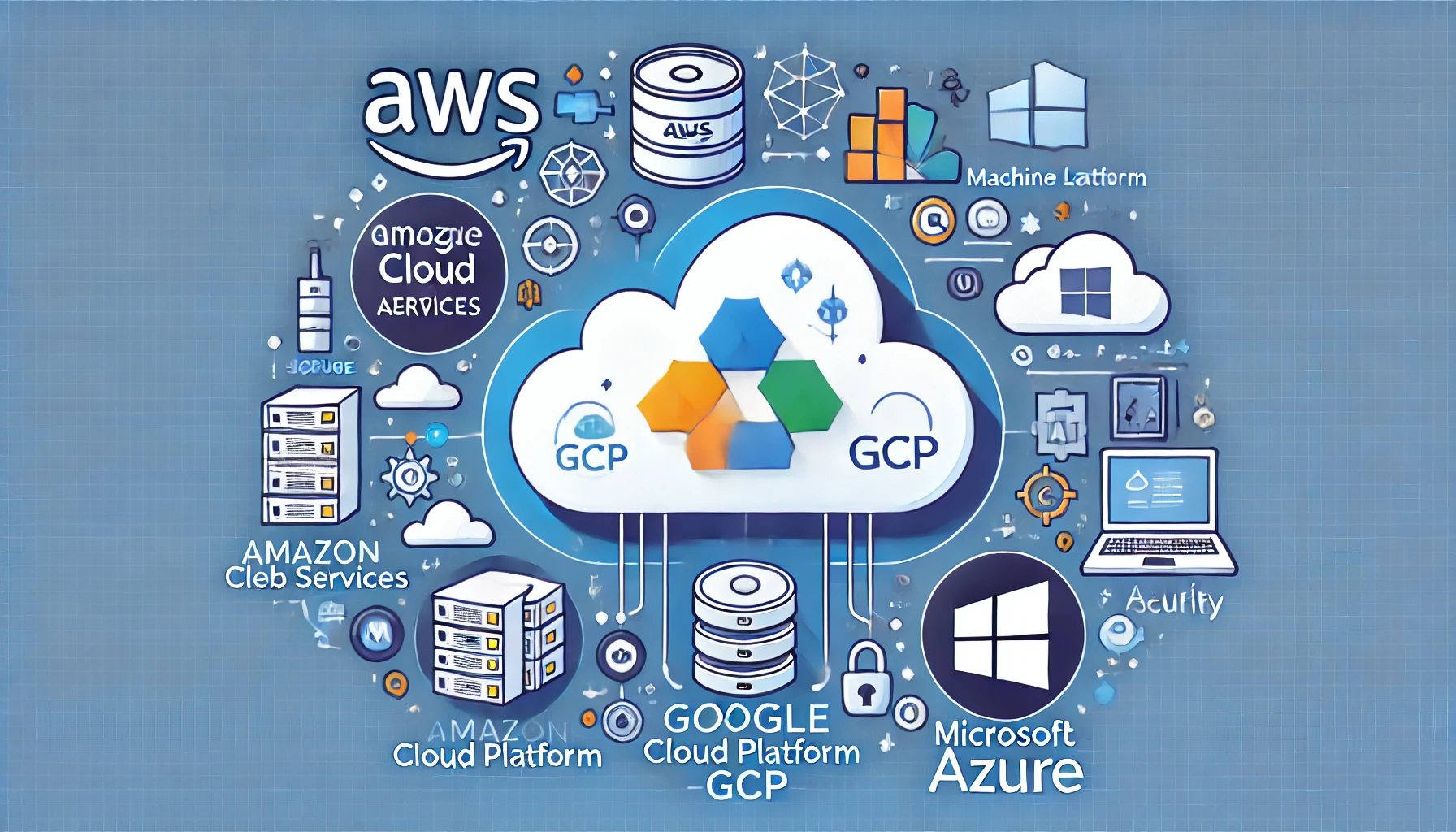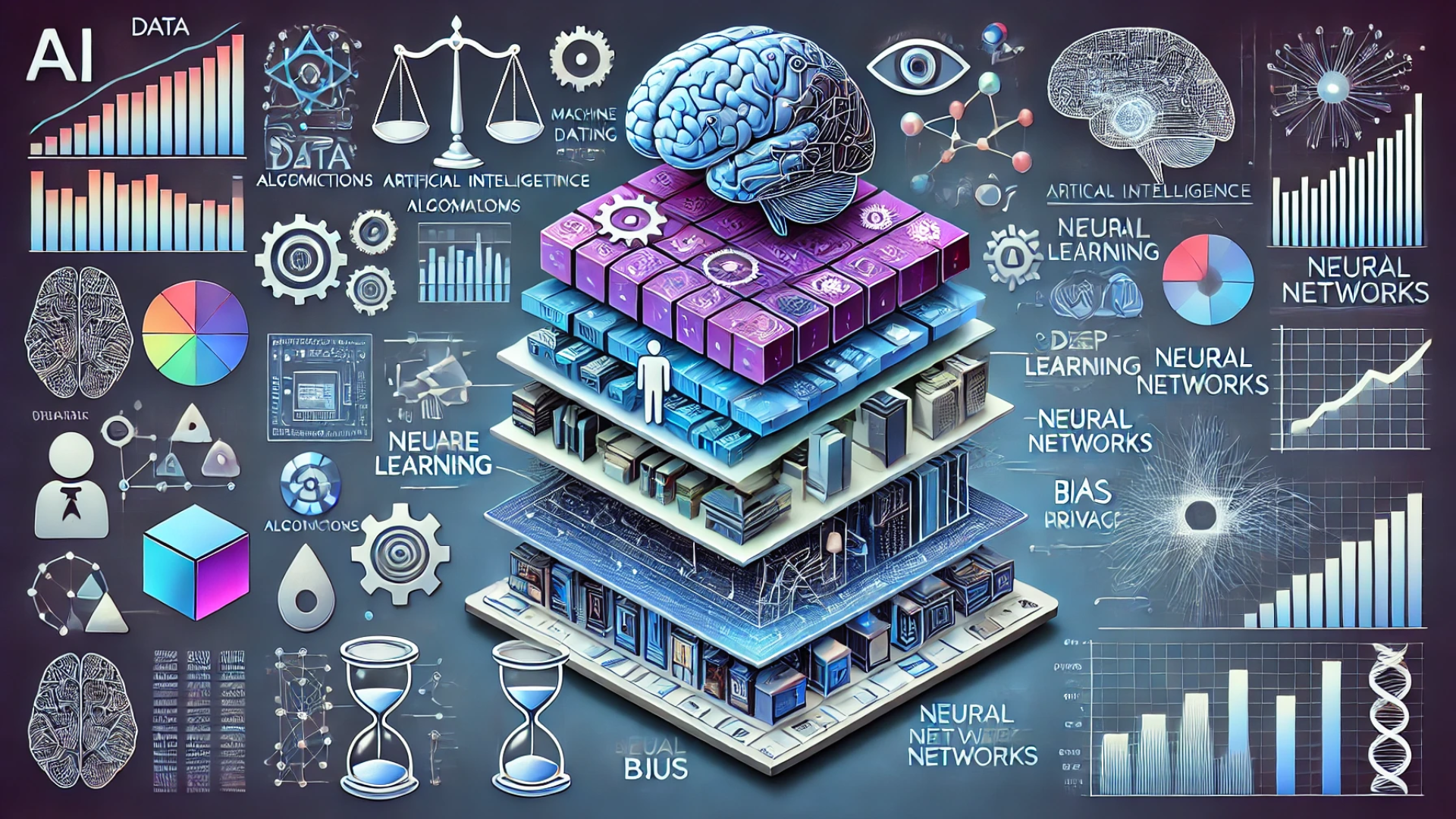
Cloud computing has revolutionized the way businesses operate, offering flexible, scalable, and cost-effective solutions. Among the many cloud service providers, three stand out: Amazon Web Services (AWS), Google Cloud Platform (GCP), and Microsoft Azure. This blog will delve into the features, benefits, and unique offerings of these cloud environments.
Introduction to Cloud Computing
Cloud computing enables businesses to access computing resources like servers, storage, databases, networking, software, and analytics over the internet. It eliminates the need for physical hardware, reducing costs and providing greater flexibility and scalability.
Amazon Web Services (AWS)
Overview:
AWS, launched by Amazon in 2006, is the most comprehensive and widely adopted cloud platform. It offers over 200 fully featured services from data centers globally.
Key Features:
- Compute Power: Amazon EC2 (Elastic Compute Cloud) provides scalable computing capacity.
- Storage Solutions: Amazon S3 (Simple Storage Service) offers scalable object storage.
- Database Services: Amazon RDS (Relational Database Service) supports various database engines.
- AI and Machine Learning: Services like Amazon SageMaker for building and deploying machine learning models.
- Security: Features like AWS Identity and Access Management (IAM) ensure robust security.
Benefits:
- Scalability: Easily scale up or down based on demand.
- Cost-Effectiveness: Pay-as-you-go pricing model.
- Global Reach: Multiple data centers around the world ensure low latency.
Google Cloud Platform (GCP)
Overview:
GCP, introduced by Google in 2008, leverages Google’s infrastructure to provide cloud services. It is known for its strong data analytics and machine learning capabilities.
Key Features:
- Compute Engine: Offers virtual machines running in Google’s data centers.
- Cloud Storage: Durable and highly available object storage service.
- Big Data: Tools like BigQuery for fast, SQL-like queries.
- AI and Machine Learning: TensorFlow and Google AI Platform for building machine learning models.
- Networking: Global network infrastructure for high performance and security.
Benefits:
- Advanced Analytics: Superior data analysis tools.
- Strong Integration: Seamless integration with other Google services.
- Innovation: Regularly updated with new features and capabilities.
Microsoft Azure
Overview:
Azure, launched by Microsoft in 2010, provides a wide array of cloud services and supports a broad selection of operating systems, databases, and frameworks.
Key Features:
- Virtual Machines: Flexible computing power.
- Azure Blob Storage: Massively scalable and secure object storage.
- SQL Database: Managed relational SQL database as a service.
- AI and Machine Learning: Azure Machine Learning for predictive analytics.
- Developer Tools: Integrated with tools like Visual Studio for a seamless development experience.
Benefits:
- Hybrid Capability: Seamless integration with on-premises environments.
- Enterprise-Friendly: Designed to support enterprise needs.
- Security: Strong focus on security and compliance.
How Cybersecurity Affects Businesses you need to know
Comparison of AWS, GCP, and Azure
Ease of Use:
- AWS: Extensive services but can be complex to navigate.
- GCP: User-friendly with a straightforward interface.
- Azure: Integrated with Microsoft tools, making it easy for existing Microsoft users.
Pricing:
- AWS: Flexible pricing models but can become expensive.
- GCP: Competitive pricing with sustained use discounts.
- Azure: Cost-effective, especially for Microsoft-centric environments.
Performance:
- AWS: High performance with global reach.
- GCP: Excellent performance, particularly for data analytics.
- Azure: Strong performance, especially in hybrid cloud setups.
Support:
- AWS: Comprehensive support options but can be costly.
- GCP: Strong community support and detailed documentation.
- Azure: Robust support options, especially for enterprises.
FAQs
1. Which cloud platform is the best?
- It depends on your specific needs. AWS is great for a wide range of services, GCP excels in data analytics, and Azure integrates well with Microsoft products.
2. Can I switch between these cloud providers?
- Yes, but it can be complex and may involve data transfer and application migration.
3. Are these cloud platforms secure?
- Absolutely. All three providers offer robust security measures, compliance certifications, and tools to help protect your data.
4. Do I need technical expertise to use these platforms?
- While some technical knowledge is helpful, all three platforms provide user-friendly interfaces and extensive documentation to assist users.
5. How do I choose the right cloud provider for my business?
- Consider your business needs, budget, existing tools, and long-term goals. It might be beneficial to consult with a cloud expert.
Final Thoughts
Choosing the right cloud environment can be a game-changer for your business. AWS, GCP, and Azure each offer unique features and benefits that can cater to different needs. Understanding what each platform provides will help you make an informed decision and leverage the power of the cloud to drive your business forward.

